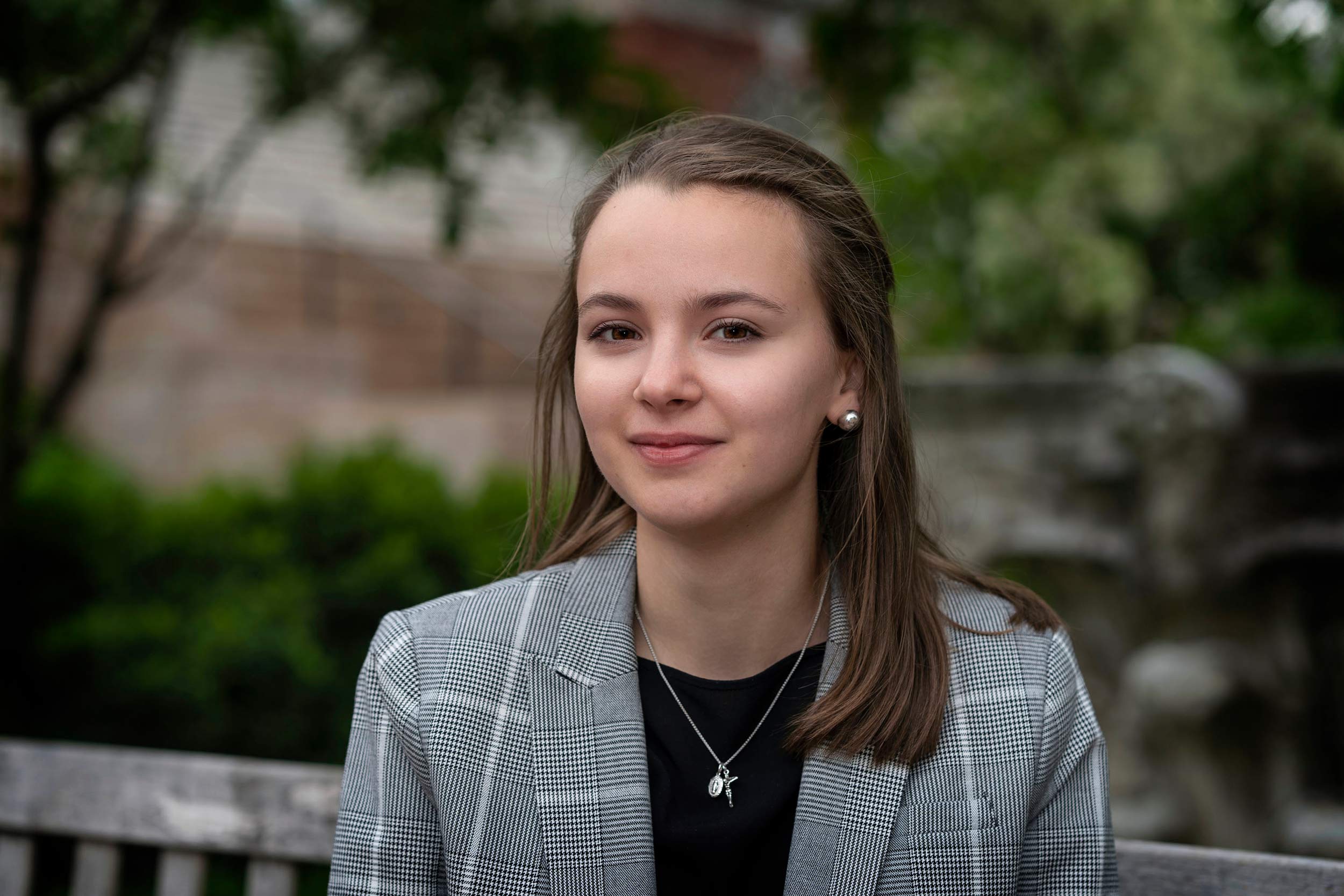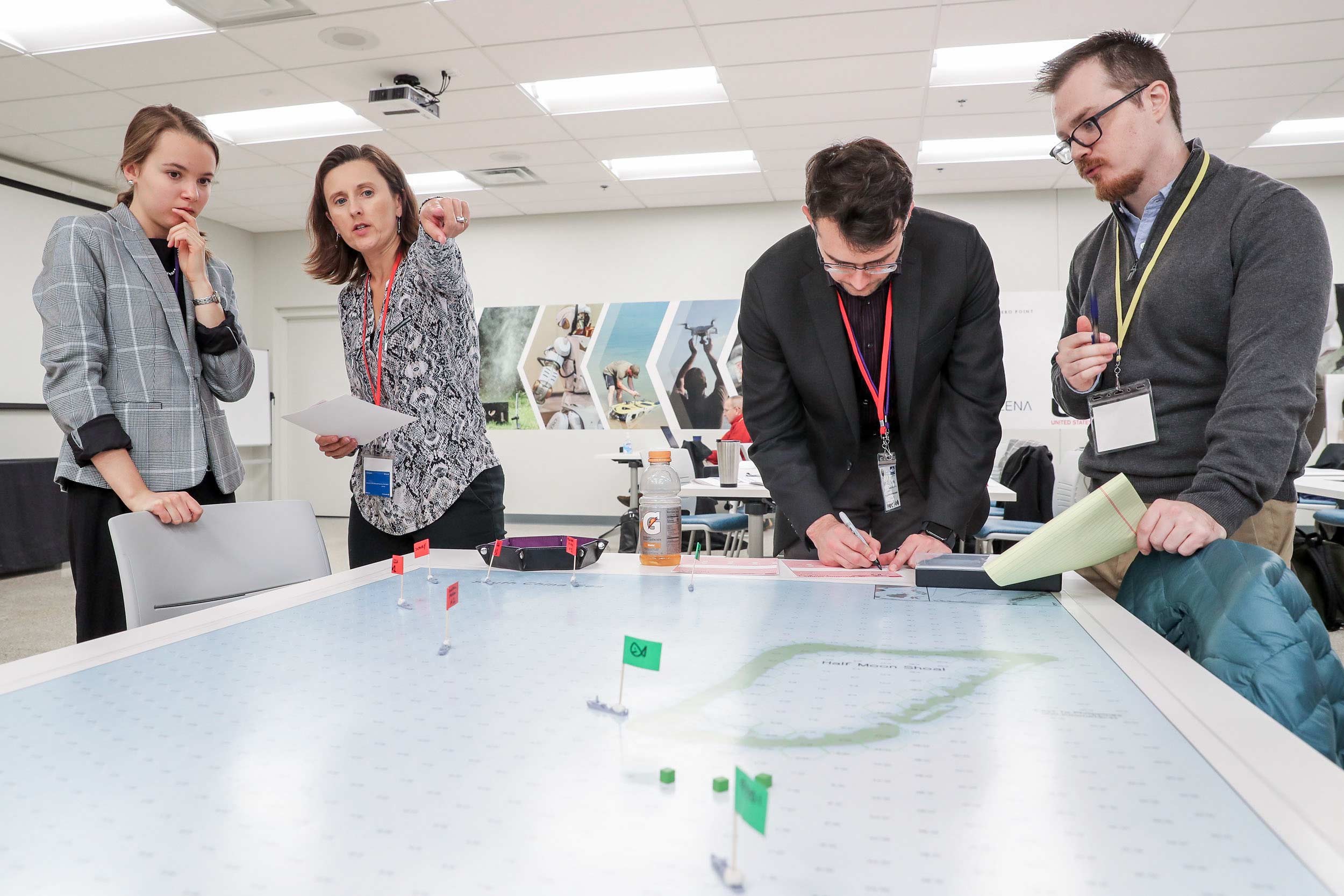A few months after the wargame, Herlevi, an expert in China’s foreign economic policy who received her Ph.D. in international relations and comparative politics from UVA, invited Sparling to attend a security dialogue focused on the Pacific Islands, to be held in Fiji.
It was there that Sparling spoke to policymakers and academics from the United States, the Melanesian countries (Fiji, Vanuatu, Solomon Islands, New Caledonia and Papua New Guinea) and Australia. She addressed the future direction of military and security affairs in Melanesia with her work focused on the future of U.S. relations and Chinese activity in the region.
While her recent work has focused on the Chinese threat, Sparling does not see herself as a China expert.
“I don't have the Chinese language skills,” she said. “But given the way the world is going, most of my work has been through a China lens. I work on a lot of other policy issues and most of them ultimately come back to U.S.-China relations in at least some capacity.”
Sparling is part of growing number of women working in national security fields, and she already is mentoring younger women interested in the work.
“Women have a unique capacity to receive other people and to feel the emotions that get tied into some of these issues,” she said. “I think this can give them a unique ability to see how other people are impacted by these issues.”
When she was younger, Sparling thought the people making historic decisions were “different.” But the longer she’s worked in public policy, the more she’s realized they are everyday people, too.
“They don’t have some magic fairy touch that lets them work in these issues,” she said. “And realizing that I am sometimes the person in the room who knows the most about an issue is a little humbling, and a little terrifying.”
Still, Sparling enjoys the work and its challenges.
“I love how mission-focused it is,” she said. “I value working in a space where people are committed to the end goal. Nobody’s working on national security policies, especially in the public sector side, for the money. People are there because they care about the mission.”
As much as Sparling enjoys her work, she does not define herself by it, and she takes rest with her Catholic faith and spending time with her friends and family.
“My faith plays an integral role in grounding me in the midst of all the work,” she said. “When I get particularly stressed about something work- or school-related, I will often go to the church to pray and this always helps put things into perspective.”



.jpg)







